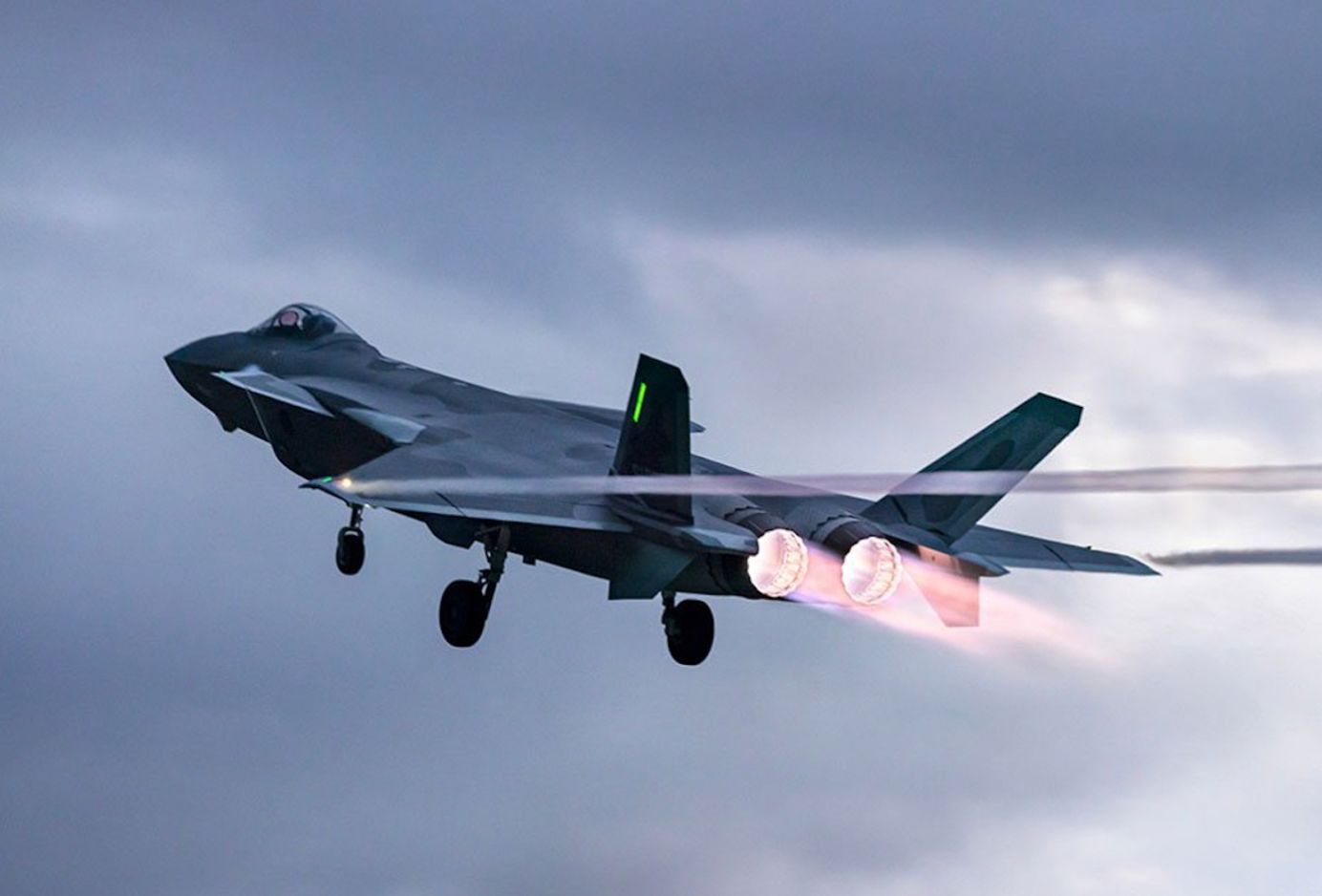Armenian PM Nikol Pashinyan’s remarks on why the Russian-made Iskander ballistic missiles did not explode during the Nagorno-Karabakh conflict created a sensation in the Armenian political circles.
Earlier, after the Armenia-Azerbaijan war, many netizens also questioned the flawed performance of the India-supplied Swathi radars resulting in ‘humiliating loss for Yerevan.
U.S. Needs To Deploy More Anti-Ship Missiles To Thwart ‘Chinese Attack’ On Taiwan – Top Commander
In a February 23 interview with local television, Pashinyan claimed the Russian missiles were used against Azerbaijan and they didn’t work.
The Iskanders launched during the war, he said, “didn’t explode, or maybe 10 percent of them exploded”. Upon being asked by the interviewer if that was really true, and Pashinyan cryptically responded “I don’t know. … maybe they were weapons from the 80s.”
Pashinyan was responding to the allegations of his predecessor, Serzh Sargsyan, who criticized the current PM for not using the Russian Iskander missiles until the war was virtually lost.
Sargsyan, who was thrown out of power in the 2018 Velvet Revolution, said the Armenian armed forces had used the weapons from the “80s”.
Following Pashinyan’s statement, the country’s military is up in arms against the PM and has demanded his removal from office. The disgruntled military generals, who have been unhappy with Pashinyan ever since he removed several top military officials in an effort to modernize the force have objected to his claim.
The Prime Minister has condemned a reported coup attempt, which he blamed on the army, on Thursday. On the same day, he led a rally of thousands of supporters in a show of strength, saying only the public had the power to decide his future.
The army stated its demand in a written document asking Pashinyan to quit the office, a development which has thrown the former Soviet nation of 3 million into a political crisis.
Some in the Armenian political circles are blaming Russia for the coup, pointing to President Vladimir Putin’s strained relationship with Pashinyan. Moscow was equally infuriated by the Armenian PM’s comments in which he claimed the Russian missiles had turned out to be duds during the war.
Pashinyan’s statement was called an “absolute lie” by the deputy head of the state Duma defense committee, Viktor Zavarzin, who said the leader was only trying to deflect blame from his own failures.
Russian newspaper Komsomolskaya Pravda quoted a senior Russian missile engineer as saying, “If he claims that the Russian Iskanders were ineffective, Pashinyan needs to watch his mouth.”
After Pashinyan and the army were at loggerheads when Pashinyan said Iskander missiles were ineffective, the Russian MoD released a video of Iskander 9M728 missile hitting its target in Azaz, Syria. The "target" was a hospital hit on 15.02.2016 in which 19 people were killed. pic.twitter.com/CNNefs5XTN
— Clash Report (@clashreport) February 25, 2021
“To make such serious claims against the rocket complex and then publicly admit that he ‘doesn’t know’ the issue – it’s unworthy and even dishonorable for the Armenian. And his claim about ‘weapons from the 80s’ is a sign of the ignorance of a dilettante.
“What kind of ‘weapons from the 80s’ can we be talking about if the Russian army only finished equipping itself with Iskanders only at the end of 2019? And Armenia even got some of these complexes even before we did, as allies,” the missile engineer added.
Although the Russian Ministry of Defense has denied that the Iskanders were used during the Nagorno-Karabakh war, experts say there is evidence to the contrary. Armenia was the first country to receive the Iskander missiles, considered a wonder weapon by Russia.
It is widely believed that the weapons were by the country in the war, but even Russia is denying such a claim. “All the Iskander 9K720-E missiles supplied to Armenia are safely in storage,” declared the Russian Ministry of Defense.
“The Iskander 9K720-E was successfully used in Syria against international terrorists and is internationally acclaimed as the best in its class of weapons. Apparently, Pashinyan was misled by someone,” the ministry statement added.
Swathi – The indigenous Weapon Locating Radar pic.twitter.com/u5gHXopIa1
— DRDO (@DRDO_India) May 14, 2015
In the aftermath of the war, social media accounts also cited the flawed performance of the India-supplied Swathi radars as being the reason for Armenia losing the Nagorno-Karabakh battle. The social media users across Twitter, Facebook, Youtube, etc. were awash with the unconfirmed reports of Armenia deciding to demand a refund of $40 million from India, which was paid for the radars.
However, EurAsian Times found no statement from the Armenian government citing the underperformance of Swathi radars, the deal for which was signed only last year. Among the list of destroyed Armenian arsenal, there was no mention of Indian military equipment having been used or destroyed in the country.
India had in March 2020 won a $40 million defense deal to supply four indigenously-built military radars to Armenia. Developed by India’s Defence Research and Development Organisation (DRDO) and manufactured by Bharat Electronics Limited (BEL), Swathi Weapon Locating Radars (WLR) can track multiple targets simultaneously feeding the data to the artillery operator.
Swathi is an electronically scanned phased array radar, designed to detect projectiles with a small cross-section across the battle-space horizon, and has the capability to handle simultaneous fire from weapons deployed at multiple locations.
While Armenia did suffer vast damages, losing millions of dollars’ worth of military assets in the war, including about 185 T-72 tanks, 90 armored fighting vehicles, 182 artillery pieces, 73 multiple rocket launchers, 26 surface-to-air missile systems, which include a Tor system and five S-300s, 14 radars or jammers, one SU-25 warplane, four drones, and 451 military vehicles, as documented by analyst Stijn Mitzer in the military affairs blog Oryx.
Follow EurAsian Times on Google News




